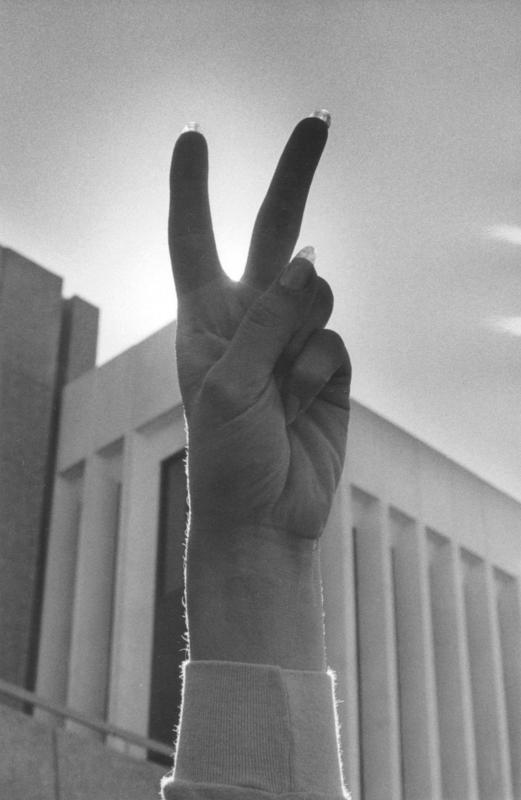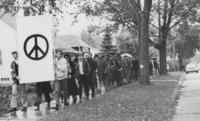The Lasting Impact
With the rise of social movements in the 1960s and 1970s, the United States experienced a new cultural change. The civil rights and student protest movements, along with others, redefined American politics and the society around it. As the 20th century came to a close, the battle for the American mind continued and more people challenged the past. The civil rights movement initiated the beginning of a long battle for human rights in the United States and the clash of ideologies sparked the culture wars that would lead us into the 21st century. The 1960s gave way to a new America, one that was open to new ideas, new people, and new norms while supporting the idea that the history of the U.S. is largely a history of debates about the idea of America. The demise of intellectual authority and traditions led more and more people to those new ideas and new people, and to the realization that the personal was political. If rights needed to be won, then it needed to be brought to the attention of the U.S. government.
The post-WWII years gave ruin to normative America, one filled with conformity, and the sixties gave life to a new America, more pluralistic. This dramatic struggle that pitted liberal, progressive, and secular Americans against conservative, traditional, and religious counterparts, drove the Cold War era, but it also opened the door to a new possibility of what it meant to be an American. The attention brought by the movements, especially with the protests and riots, shocked the nation and made it question the idea of what democracy truly meant. Ideas of politics and traditional life changed as American society entered the 21st century and the American culture that was once thought to be stable becomes unstable.



